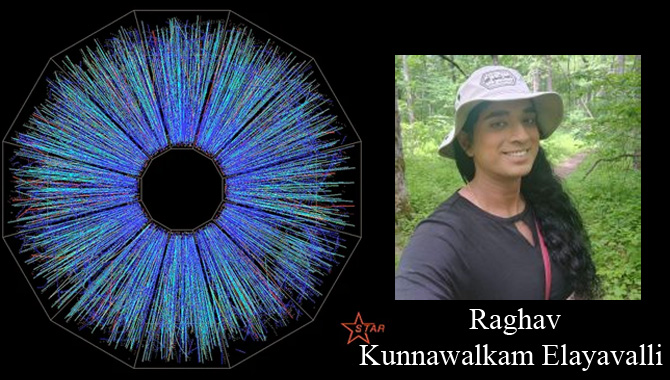Why Physics and Astronomy? Interested in black holes, physics of living cells, cosmology, quarks, gluons, exoplanets, worm holes, gravitational waves, nanoscience, or lasers? The Department of Physics and Astronomy at Vanderbilt University combines the friendly and supportive atmosphere of an intimate college with the excitement and challenge of a leading research university. The undergraduate program consists of a focused physics education combined with a wealth of skills from the humanities and social sciences. The bachelor’s degree prepares a student for a career in the private sector or for continuing one’s education in physics, astronomy, engineering, law, medicine, and many other fields.

117
the atomic number for tennessine, discovered in part by department professors
1,000+
students attend physics classes each semester
$6M
annually in external funding


